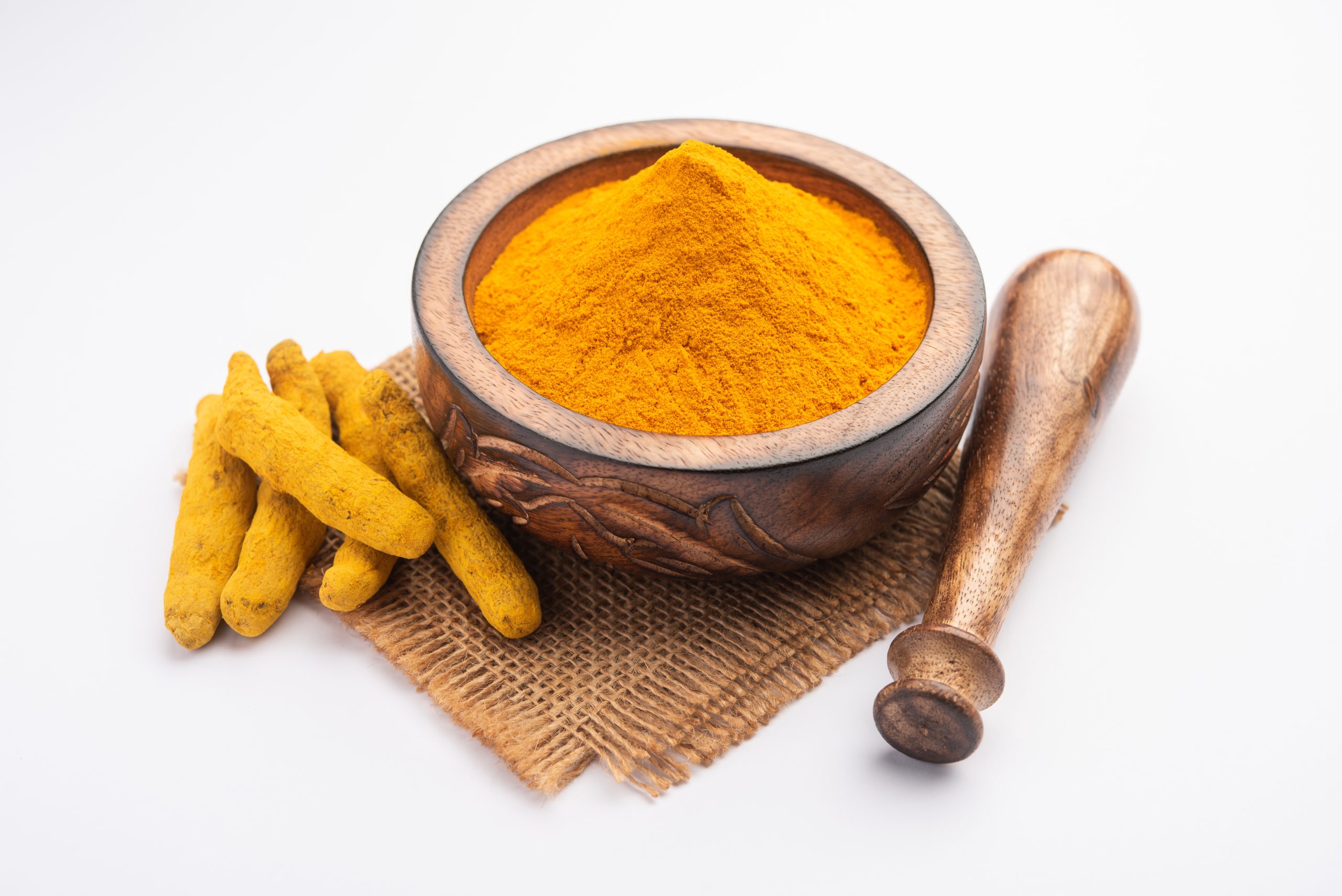What does Turmeric do to help lower Cholesterol?

Turmeric is a common ingredient in Eastern Asian and Middle Eastern cuisines, so there’s a good chance you’ve had it before. Turmeric is a spice and powdered food coloring that can be used in a lot of different dishes.
It is related to ginger and has been used in traditional Chinese medicine for thousands of years to treat everything from stomachaches to inflammation and infections.
Therapeutic Effects
Cur cumin, the active ingredient in turmeric, has been valued for its therapeutic properties for generations. The medicinal applications for turmeric are vast. There is evidence to support a small number of medical uses of turmeric,
Cancer
Turmeric’s potential beneficial effects on some forms of cancer are the subject of continuing study. Animal studies have indicated that it can prevent cancer in rats exposed to colon, stomach, and skin malignancies. However, there has been a lack of consistency in the findings, and additional evidence is needed to confirm this benefit.
Chronic Inflammation and Infection
To know for sure if turmeric helps reduce infections or inflammation in humans, more evidence is required. Initial studies on animals and in the lab have shown promise. According to the Memorial Sloan Kettering Cancer Center, a clinical investigation showed that turmeric did not help reduce viral load in HIV-extreme patients.
Cholesterol
Although turmeric appears to have a positive track record in the research conducted thus far, the majority of these studies have only been conducted on animals. Turmeric appears to have the most effect on total cholesterol, LDL cholesterol, and triglyceride levels, according to these research.
One study on rabbits revealed the effects of a high-fat diet. LDL cholesterol and triglyceride levels appeared to be lowered by turmeric. Regularity in turmeric’s cholesterol-lowering effects has been seen in these investigations.
Despite the seeming promise of these data, there is a potential catch: very few research have examined turmeric’s capacity to reduce cholesterol levels in humans. As it has been shown to reduce lipids in animals, turmeric may have the same effect in humans. Human studies on the effects of turmeric on LDL cholesterol and triglycerides have yielded mixed results.
Only a few, low-quality research have looked at the lipid-lowering effects of turmeric or its active component, cur cumin, in humans. This is hardly a significant price cut. Researchers gave people cur cumin doses ranging from 60 mg to 1 grammes for periods of time of up to six months.
Turmeric is used for a variety of common purposes. As an example, there are therapies for:
- Gasoline for the digestive system
- Disease caused by Alzheimer’s plaques
- Infection of the eye
- The Bypass Procedure
- Illness from Crohn’s disease
- Diabetes
- Tummy Troubles or IBS
- Hurtful Joints
- Psoriasis
- Lupus erythematosus
The Process of Choosing, Preparing, and Storing
You may find entire roots of sparkling turmeric at your local farmer’s market if you ask for it by its other name. It may be found in practically every grocery store’s spice aisle.
The ideal turmeric dose for decreasing cholesterol is currently being investigated by scientists. As a result, it’s crucial that you follow the directions that were supplied to you.
Before incorporating excessive amounts of turmeric into your weight loss strategy or using it as a supplement, consult your doctor. Certain medical diseases, such as diabetes, kidney stones, and bleeding disorders, may be made worse by consuming large doses of this spice.
Potential Adverse Effects
While there may be some minor side effects from using turmeric as a food seasoning, they are usually not serious enough to warrant avoidance. However, some people have complained of adverse symptoms like nausea, vomiting, vertigo, or diarrhoea.
That’s right; there’s some evidence that Turmeric can also lower blood sugar, reduce blood coagulation, and block iron absorption.
Turmeric may negatively interact with a number of medications, including (but not limited to) the ones listed below.
- Diabetes treatment drugs
- transformed into usable energy by the liver
- causes slow coagulation of blood
- It also works well with a wide variety of other systems.
Turmeric’s use as a medicine might aggravate preexisting illnesses such gallbladder disorders, kidney stones, bleeding problems, GERD, and hormone-sensitive malignancies.
If you are currently taking medication or experiencing a medical condition, you should talk to your healthcare provider before using turmeric.
Simply said, medically-recommended doses of Turmeric are probably unsafe for use by pregnant or nursing women.
How can I best include a pinch of turmeric into my diet?
You may add a pinch of turmeric to your morning smoothie or a teaspoon to your favorite soup dish. It’s also common to see it in rice, mac & cheese, and other grain-based foods.
Can you describe the flavour of turmeric?
Since turmeric is related to ginger, you may get a comforting warmth (like ginger) when eating this spice. It goes well with a variety of meats and seafood, as well as winter squashes like pumpkin.






